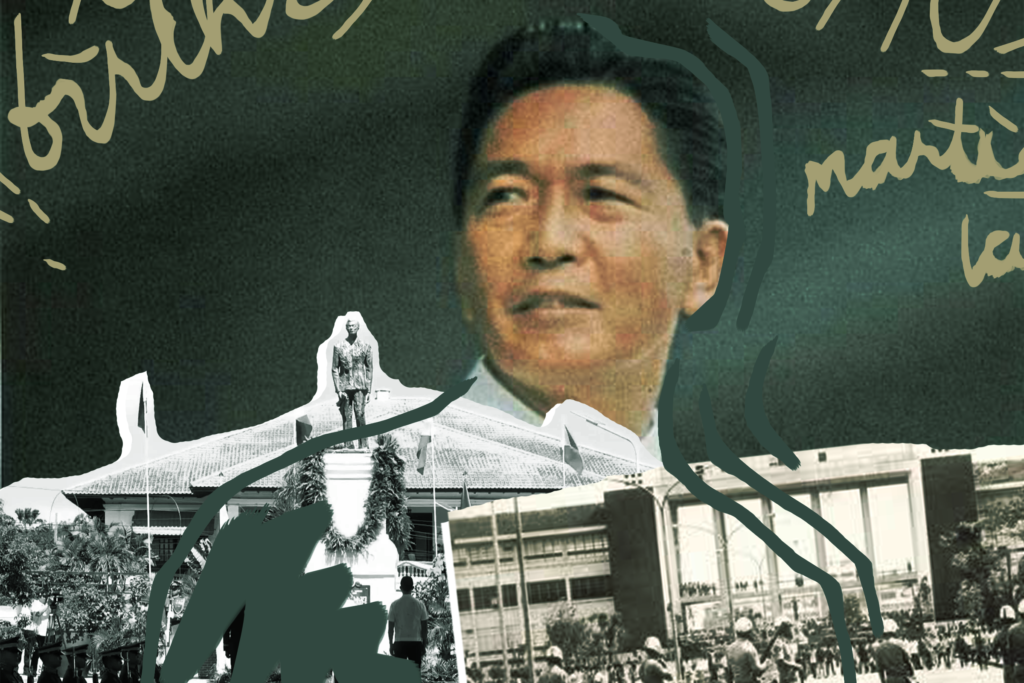Missing context in reports on 107th birthday of Ferdinand Marcos Sr.

JEERS TO the media outlets that failed to include historical context in reports about the Marcos family’s celebration of the birth anniversary of their patriarch, Ferdinand Marcos Sr. on September 11. Media accounts detailed the family’s observation of the milestone but did not include any reference to the record of human rights violations during his term of office and his declaration of one-man rule that lasted for years.
Most news accounts recorded the wreath-laying ceremony in Batac City, Marcos Sr.’s hometown; and Marcos Jr.’s declaration of September 11 as a special non-working day in Ilocos Norte.
On September 12, The Philippine Star gave the milestone front page space the wreath-laying in Ilocos Norte, while the Daily Tribune published a “throwback” photo of Marcos Sr. and Jr. TV aired via its online channels a live stream of Marcos Jr.’s speech remembering his father as a “guiding force” with a “lasting legacy” for the country.
All news organizations reported the milestone with appropriate mention of Martial Law and the ouster of the Marcos family by People Power in 1986. However, three news reports failed to include this historical background in their respective accounts of the day.
Manila Standard’s report followed the Marcos family as they observed Marcos Sr.’s birth date. Daily Tribune reported on the distribution of agricultural aid to Ilocos Norte farmers and fisherfolk “in honor” of his father and Marcos Jr.’s speech. Inquirer.net featured an article only on the proclamation of the day as a holiday.
Jean Mangaluz of Philstar.com provided enough background. She noted that “human rights abuses and rampant corruption” marked the rule of Marcos Sr. and retraced the slow but sure return of the family to political power.
TV5’s Frontline Pilipinas also cited human rights groups recounting the human rights violations during the dark period.
Reporting on events can be limited to mere chronology. But when it comes to the Marcos family, journalists should work to include as much of the family history given how historical revision has changed the public mind about what actually happened in the past. News reports as the first draft of history should take note about the dangers of the “short memory” shaping how voters think.
Leave a Reply